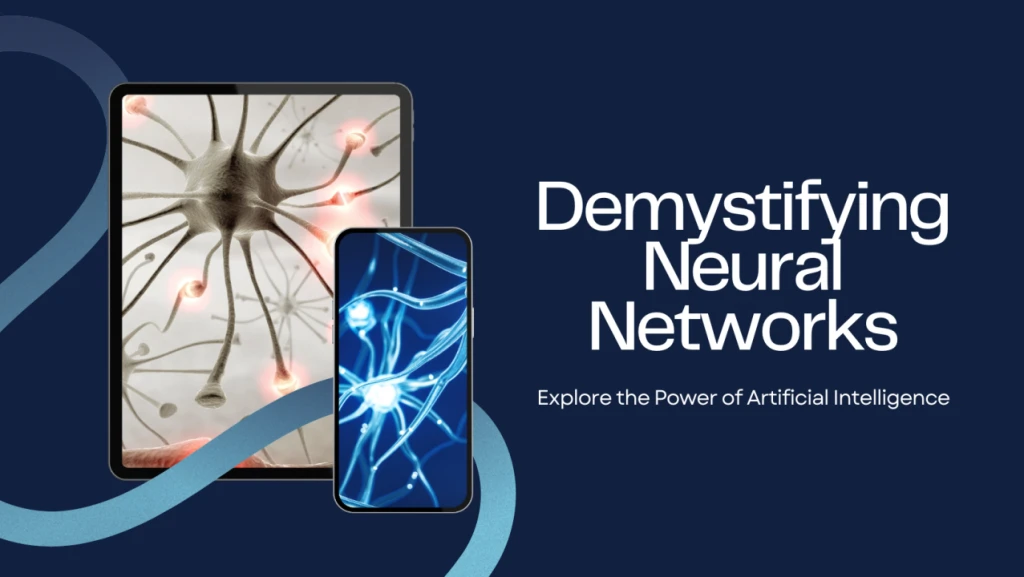Test AI on YOUR Website in 60 Seconds
See how our AI instantly analyzes your website and creates a personalized chatbot - without registration. Just enter your URL and watch it work!
1. Introduction: The Rise of AI in Call Centers
This complete guide explores how AI is reshaping call centers, the key benefits, challenges, and best practices for implementation.
2. What is an AI Call Center?
Key Components of an AI Call Center:
AI-Powered Chatbots and Virtual Assistants – Handle routine inquiries and customer queries.
Conversational AI & NLP – Understand and process human language for seamless communication.
AI-Driven Call Routing – Automatically direct calls to the right agent or department.
Speech Analytics & Sentiment Detection – Analyze customer tone and emotion for better responses.
AI-Based Predictive Analytics – Use historical data to anticipate customer needs and improve service.
3. Benefits of AI-Powered Call Centers
1. Improved Customer Experience
✅ 24/7 availability – AI bots provide round-the-clock customer support.✅ Instant responses – Reduces wait times and enhances response speed.✅ Personalized interactions – AI tailors responses based on customer history and preferences.
2. Increased Efficiency & Cost Savings
✅ Automates repetitive tasks, freeing up agents for complex issues.✅ Reduces operational costs by minimizing human intervention.✅ Optimizes call routing, reducing agent workload and improving first-call resolution rates.
3. Enhanced Agent Productivity
✅ AI assists human agents by providing real-time suggestions and insights.✅ Speech analytics detects sentiment, helping agents adjust tone and response.✅ AI-powered knowledge bases enable agents to quickly retrieve relevant information.
4. How AI Call Centers Work
1. AI-Powered Chatbots & Virtual Agents
Handle FAQs, bookings, and troubleshooting before escalating to a human agent.
Use NLP to understand customer queries and provide relevant solutions.
2. AI-Driven Call Routing & Assistance
Smart IVR (Interactive Voice Response) directs calls based on intent and sentiment analysis.
AI identifies customer issues in real-time and recommends the best course of action.
3. Sentiment Analysis & Speech Recognition
AI analyzes tone, pitch, and sentiment to assess customer emotions.
Helps agents adapt responses to improve customer satisfaction.
4. Predictive Analytics for Proactive Support
AI detects patterns in customer behavior and predicts potential issues.
Uses historical data to anticipate customer needs and optimize service strategies.
5. Challenges of AI Call Centers
1. Lack of Human Touch in Customer Interactions
⚠️ Customers may feel frustrated when dealing with AI-only responses.⚠️ Complex or emotional issues require human intervention.
2. AI Accuracy & Training Data Limitations
⚠️ AI models require continuous training to improve accuracy.⚠️ Poorly trained AI may misinterpret customer queries.
3. Data Privacy & Security Concerns
⚠️ AI call centers collect sensitive customer data, requiring strict data protection policies.⚠️ Businesses must ensure compliance with GDPR, CCPA, and other data regulations.
4. Integration with Existing Systems
⚠️ Implementing AI requires seamless integration with legacy CRM and customer databases.⚠️ Businesses must invest in AI-compatible infrastructure.
Test AI on YOUR Website in 60 Seconds
See how our AI instantly analyzes your website and creates a personalized chatbot - without registration. Just enter your URL and watch it work!
6. Best Practices for Implementing AI in Call Centers
1. Combine AI with Human Agents
✅ Implement AI for routine queries, while allowing seamless agent escalation for complex cases.✅ AI should assist, not replace, human agents.
2. Train AI with High-Quality Data
✅ Ensure AI is trained with diverse and high-quality customer data.✅ Use continuous learning models to improve AI’s responses.
3. Prioritize AI Transparency & Data Security
✅ Clearly inform customers when they are interacting with AI.✅ Implement strong encryption and compliance protocols to protect customer data.
4. Optimize AI for Omnichannel Support
✅ Ensure AI works across phone, chat, email, and social media.✅ Provide a consistent customer experience across multiple channels.
7. The Future of AI Call Centers
1. AI-Powered Hyper-Personalization
Future AI call centers will deliver real-time, context-aware responses.
AI will learn customer preferences to improve future interactions.
2. Voice AI & Advanced Conversational Agents
AI-powered voice assistants will sound more natural and understand complex emotions.
Enhanced real-time voice translation will support multilingual customer service.
3. AI and Human Collaboration
AI will support agents with real-time insights and knowledge augmentation.
AI-human hybrid models will enhance overall call center performance.
8. Conclusion: AI Call Centers as the Future of Customer Service
The key to success lies in combining AI automation with human expertise, ensuring AI call centers deliver personalized, intelligent, and effective customer support for the digital age.






